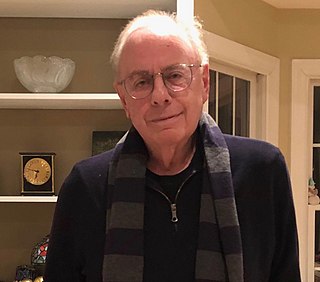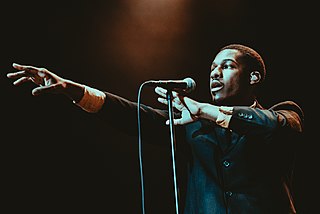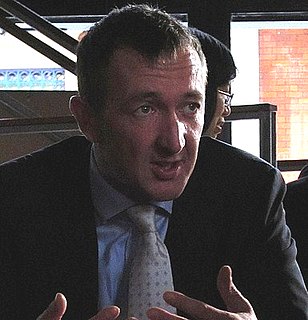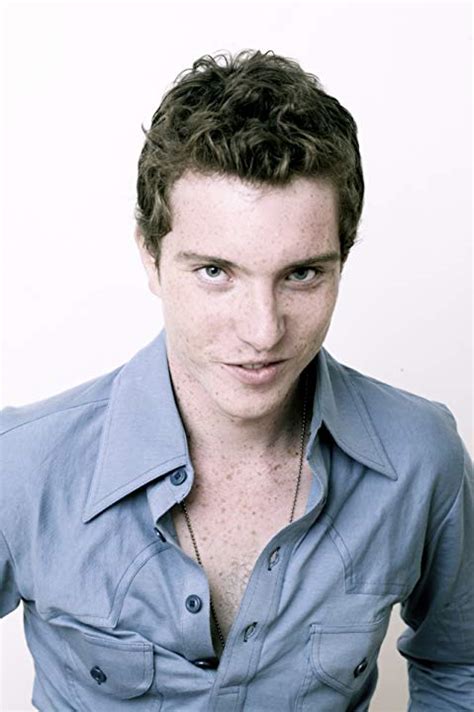A Quote by Michael Chabon
I remember tearing up the first time I read Nabokov's description, in 'Speak, Memory,' of his father being tossed on a blanket by cheering muzhiks, with its astonishingly subtle foreshadowing of grief and mourning.
Related Quotes
My father was famous for his photographic memory. He was in the OSS. They trained him to be captured on purpose and to read upside down and backwards and commit to memory every document in Germany he saw as he was being interrogated - every schedule on every wall. So, that photographic memory somehow made its way to me when I was young.
Probably my first memory of theatre, the first one I guess that had an impact on me was when I saw my very first panto with my Primary School. I think just going there and experience that for the first time, being so young, it's something that's actually stuck with me right up until now. And to think back and to sort of remember that magic and that first little hint of it was brilliant.
I grew up in a completely bookless household. It was my father's boast that he had never read a book from end to end. I don't remember any of his ladies being bookish. So I was entirely dependent on my schoolteachers for my early reading with the exception of 'The Wind in the Willows,' which a stepmother read to me when I was in hospital.
I grew up in a completely bookless household. It was my father's boast that he had never read a book from end to end. I don't remember any of his ladies being bookish. So I was entirely dependent on my schoolteachers for my early reading with the exception of The Wind in the Willows, which a stepmother read to me when I was in hospital.
Besides being driven around Manhattan by a chauffeur whose salary his father's company paid, in a Cadillac his father's company leased to 'scope out properties,' Donald's job description seems to have included lying about his 'accomplishments' and allegedly refusing to rent apartments to Black people.
Other people had strived for freedom and promise and ratatatata but the Constitution [of USA] was the first time we codified it aspirationally and wrote it down and put it up on a wall and said, "this is us." If your father was a cobbler, and his father was a cobbler, and his father was a cobbler, you don't have to be a cobbler.






































